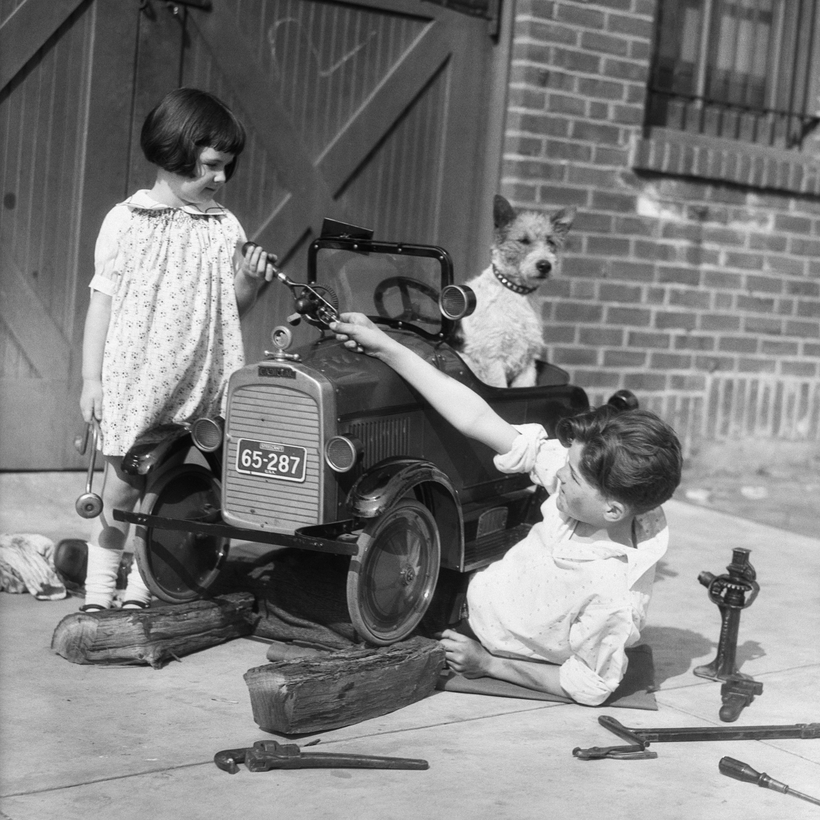It’s hard to make the right decision about what to study at university. Politics or politicising Beyoncé? Computer science or the sociology of Miley Cyrus? But in the US — where these pop-starry modules were once the most-booked on campus — there’s a sexy new subject slinking on to student timetables, and it’s possibly more helpful in later life.
“Adulting” — a term for learning how to be a grown-up when you’re part of the ineptly unpractical generations Y or Z — has become one of the most oversubscribed at the University of California, Berkeley. Launched by fellow students Belle Lau, 21, and Jenny Zhou, 20, the course covers subjects as un-hip as tax returns, time management and “red flags” in relationships. Yet when it first arrived, unadvertised, on the university website they had to turn people away from the 30-person class. “They were like: ‘Hey! Why didn’t I get in?’ I felt quite bad,” Lau says, on the phone from California.

